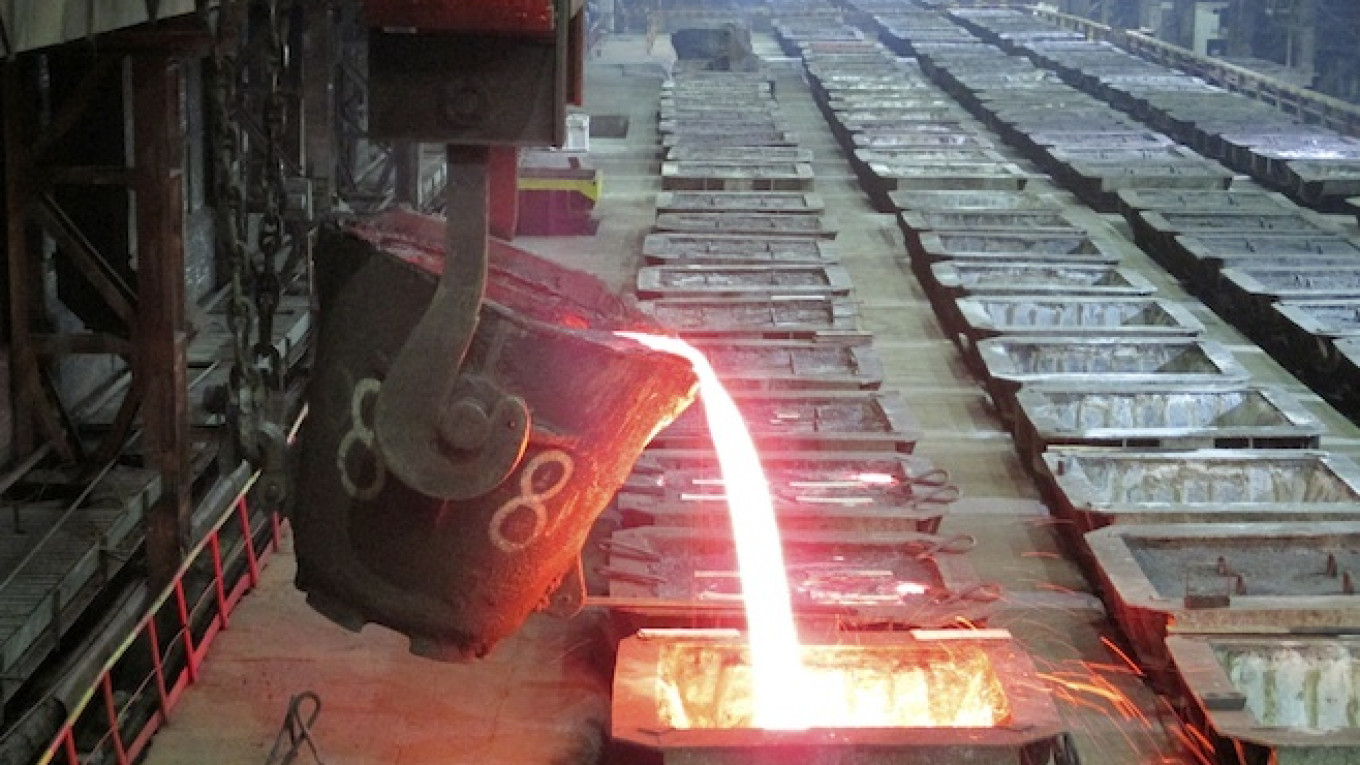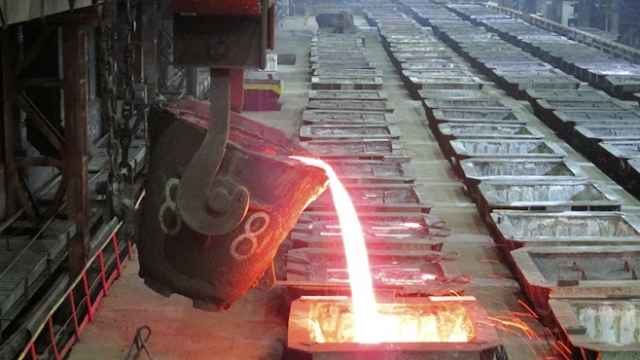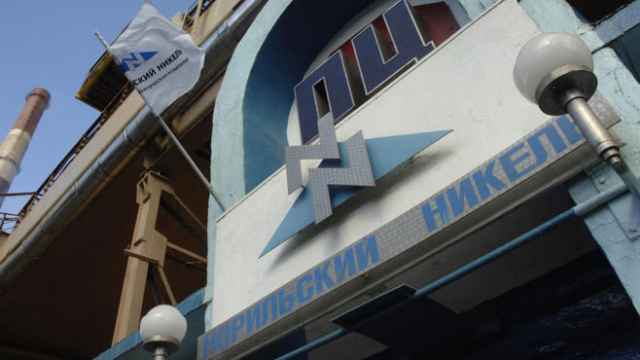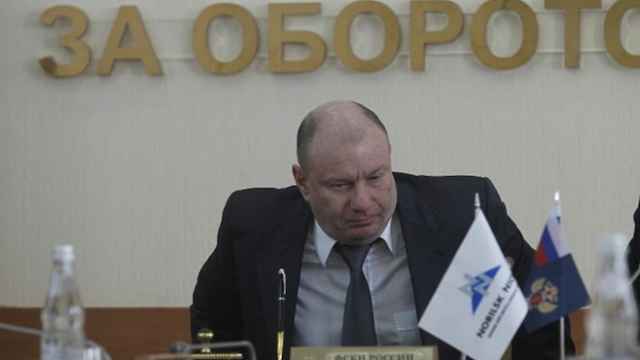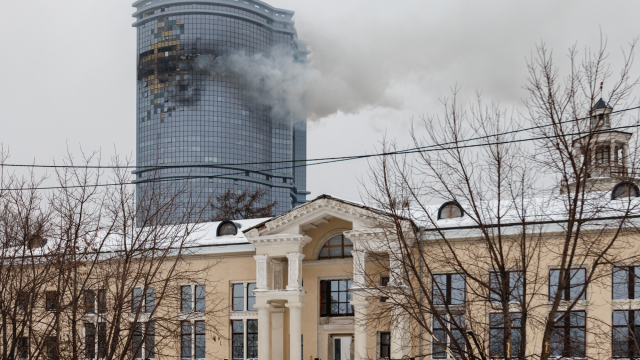Mining company Norilsk Nickel is selling the first large Russian eurobond in almost a year, raising $1 billion on Tuesday in a deal that could suggest a revival in investors' interest towards Russian companies.
The company, one of the world's largest nickel and palladium producers, launched a seven-year eurobond at a yield of 6.625 percent, much tighter than initial 7 percent guidance.
It snapped in further from final yield guidance of 6.75 percent while order books from investors exceeded $4 billion, Thomson Reuters information service IFR reported.
"We saw Norilsk squeezing the pricing but we still decided to stay in the book," one fund manager in London said.
The Norilsk issue comes as energy firm Gazprom meets investors a roadshow for a potential euro-denominated bond. It is due to meet investors in London on Wednesday and could issue if the current uptick in sentiment towards emerging markets lasts.
Once prolific borrowers, Russian companies have stayed away since last November as investors' appetite soured on an escalation in tensions with Ukraine, the commodity price fall and finally Western sanctions imposed in response to the Kremlin's role in the Ukraine crisis.
These financial sanctions effectively prevent some entities from raising money in global capital markets. As a result, the last benchmark-sized deal of at least $500 million from Russia was a one-year sale by Gazprom last November.
But Norilsk Nickel is not under sanction, and it has been partly compensated for lower metals prices by the ruble's 10 percent fall against the dollar this year. Norilsk's first half 2015 net profits rose 3 percent from year-ago levels to $1.5 billion.
"There is a scarcity element to the name," another fund manager said. "Some of these companies such as Norilsk are not sanctioned and they haven't issued for a long time."
"Also, considering the volatility around us Russian entities don't look so bad," the investor said, citing the selloff in emerging markets that has seen yields on developing countries' eurobonds hit multi-year or even record highs.
Russian bonds have held up better than those in Africa or Latin America, as the country's huge hard currency reserves are seen as a potential source of support for companies.
Also, crucially, debt levels have been shrinking in the past year as companies have repaid maturing debt but not sold fresh bonds.
So far this year, Ak Bars bank is the only other Russian name to tap international markets, raising $350 million in early August. Deals from elsewhere have also been scarce in recent weeks with Ghana deciding not to issue a bond last week, possibly due to high yields demanded by investors.
However, Norilsk had to pay a price too. The company's 2020 bond is trading with a yield of around 5.65 percent and taking into account the new bond's seven-year maturity, the new issue premium could be up to 75 basis points, bankers said earlier.
Alexander Sychev, a fixed income analyst at Rosbank in Moscow estimates the premium Norilsk paid is around 50 basis points over a similar-tenor issue from energy company LUKoil.
"It's a positive signal that the issue took place, but the premium looks high due to the long absence of Russian issuers from international markets," he said.
A Message from The Moscow Times:
Dear readers,
We are facing unprecedented challenges. Russia's Prosecutor General's Office has designated The Moscow Times as an "undesirable" organization, criminalizing our work and putting our staff at risk of prosecution. This follows our earlier unjust labeling as a "foreign agent."
These actions are direct attempts to silence independent journalism in Russia. The authorities claim our work "discredits the decisions of the Russian leadership." We see things differently: we strive to provide accurate, unbiased reporting on Russia.
We, the journalists of The Moscow Times, refuse to be silenced. But to continue our work, we need your help.
Your support, no matter how small, makes a world of difference. If you can, please support us monthly starting from just $2. It's quick to set up, and every contribution makes a significant impact.
By supporting The Moscow Times, you're defending open, independent journalism in the face of repression. Thank you for standing with us.
Remind me later.


